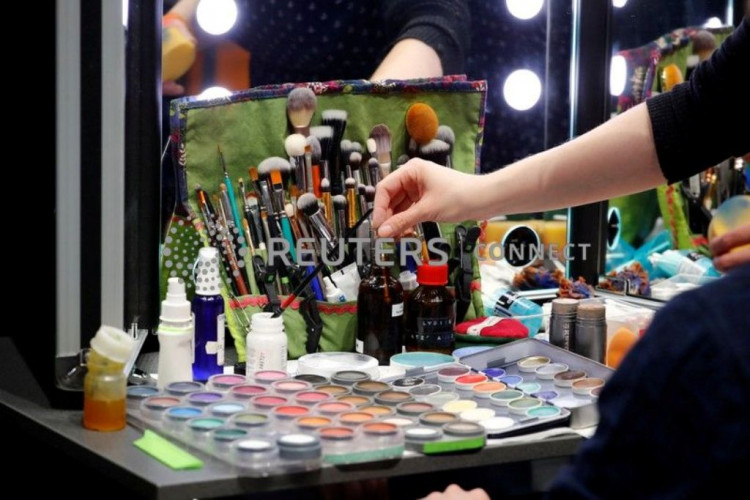As more consumers turn their eyes on eco-friendly beauty products, plastic-free packaging is expected to become one of this year's strongest trends. Analysts believe products that help free the environment of waste and pollution will make a statement in the cosmetics sector this year.
According to Cosmetics Design Europe, consumers of this generation are now more aware of the negative effects of marine plastic pollution. In the beauty and cosmetics sectors, consumers are starting to show consciousness in purchasing products that could potentially harm the environment, especially with the rise of campaigns that call for zero plastic waste.
To help address the issue, packaging firms are also bending to the demands of consumers by exploring options for plastic-free packaging. In other stores that sell cosmetics and beauty products, the packaging doesn't even exist anymore. Some stores have also started putting up "plastic-free aisles" so consumers know where to find the products they want.
Global Packaging Director at Mintel, David Luttenberger, offered his insights on the plastic-free packaging trend and how manufacturers in the beauty and cosmetics sectors can further drive sales and growth this year.
"Brands should act now, either to ensure a place in emerging plastic-free zones by switching to acceptable pack materials, or by engaging with the debate, clearly explaining the benefits of plastic packaging to their product," Luttenberger noted.
While growth in the plastic-free packaging sector is already expected, beauty and cosmetics brands have been urged to look at the example of Dutch organic supermarket chain, Ekoplaza. The company is using plant-based plastics as part of the infrastructure of its stores and plastic-free aisles.
Clean beauty is largely becoming a staple in the beauty and cosmetics sectors. Instead of focusing on vegan, natural, sustainable, and organic make-up, consumers are also starting to demand zero-plastic packaging. Gen Z and Millennials are the majority of consumers who are driving this change in the beauty industry.
Zero Waste Week, an annual campaign that pushes for zero plastic, revealed in its 2018 report that the global cosmetics industry accounted for 120 billion units of packaging that are mostly non-recyclable. The announcement has ignited debates and discussions on potential alternatives to plastic packaging.
According to Vogue, Tata Harper, founder of the 100 percent organic skincare brand, admitted that there are huge challenges in the zero plastic packaging sector. On the other hand, Harper noted that sustainability in the form of glass can be a significant step in exploring other options to suit the demands of beauty and cosmetics consumers who prefer plastic-free packaging.





